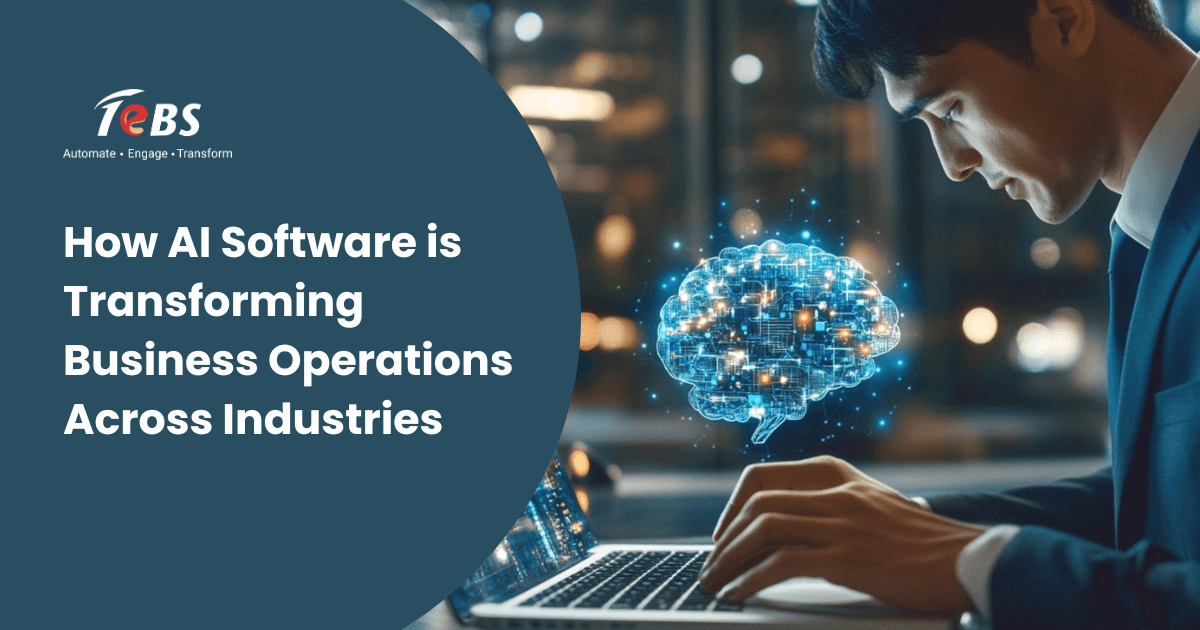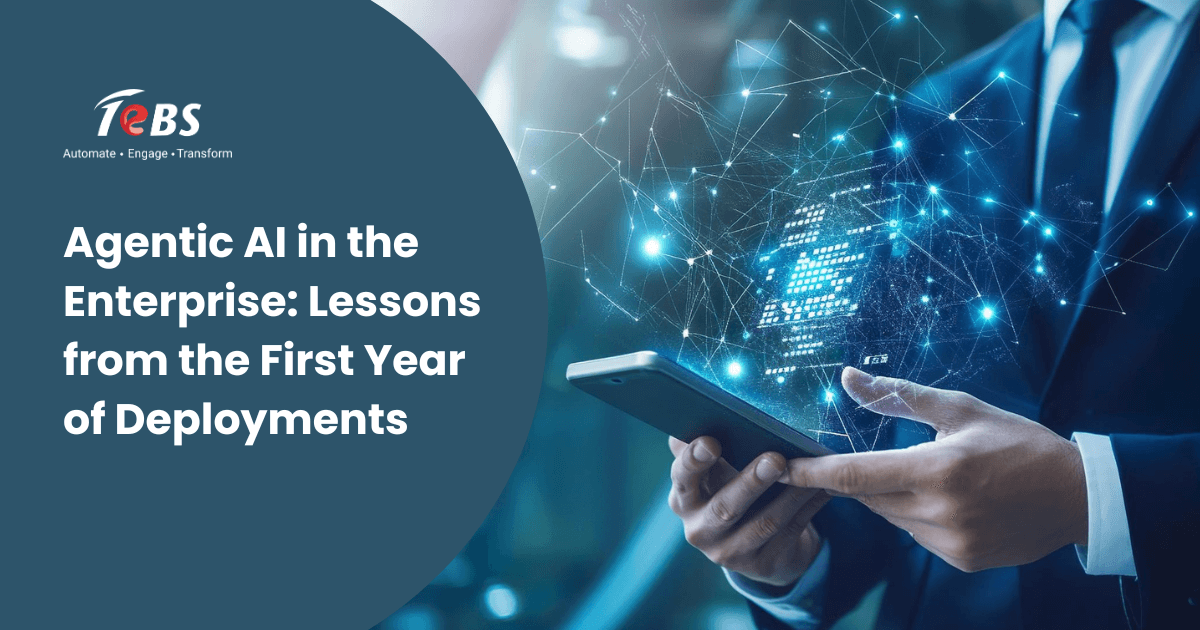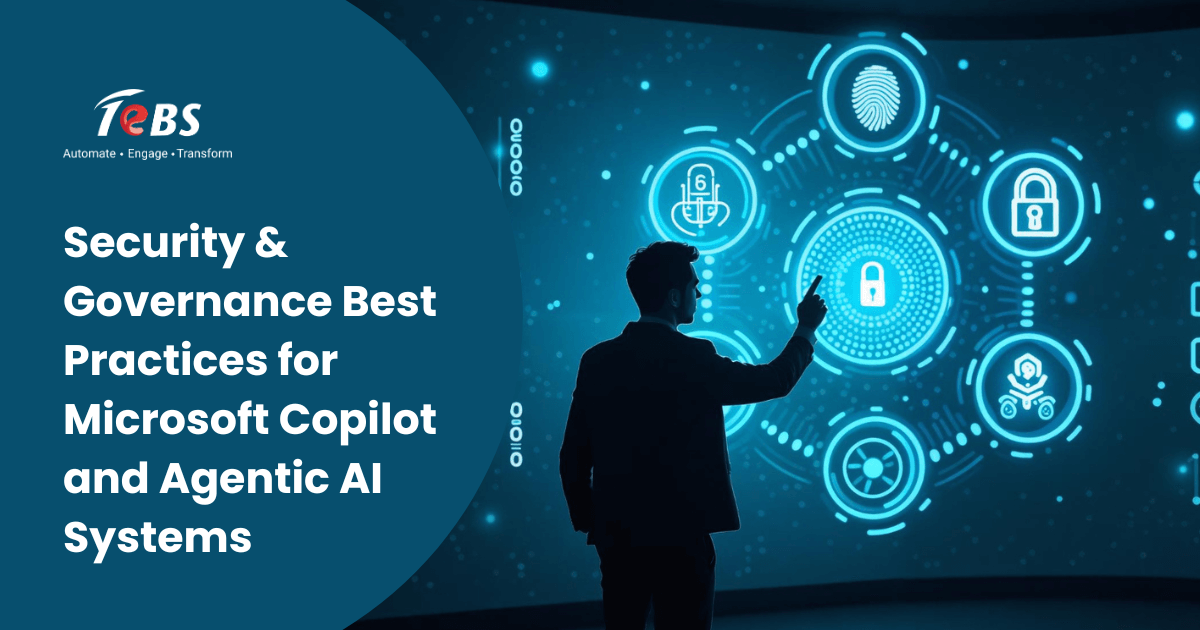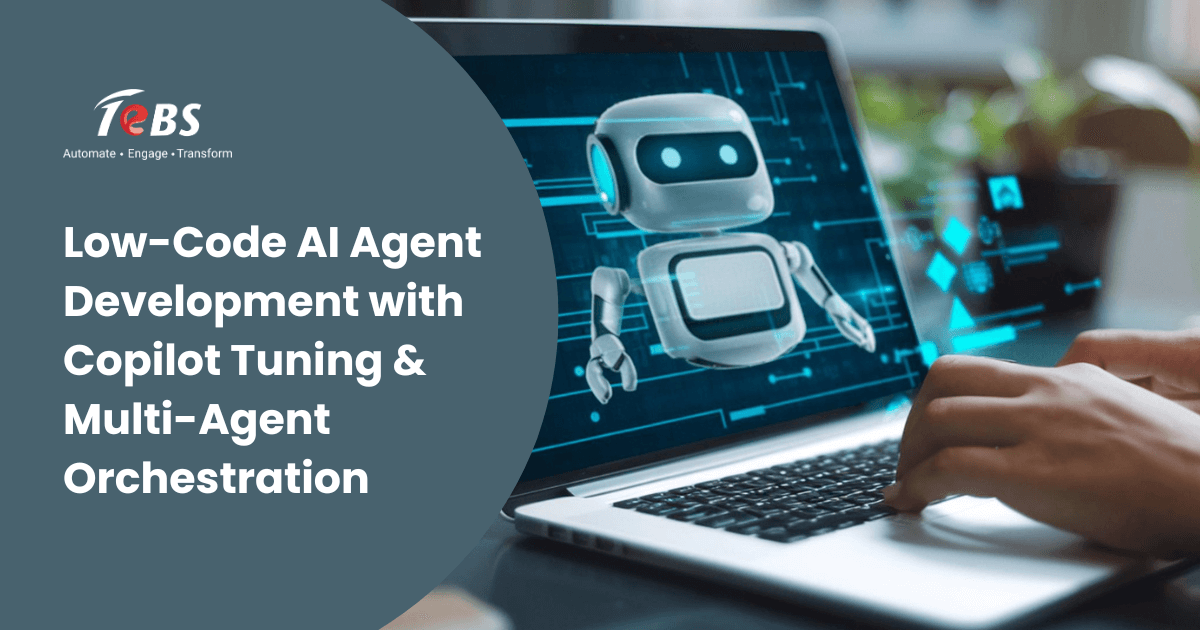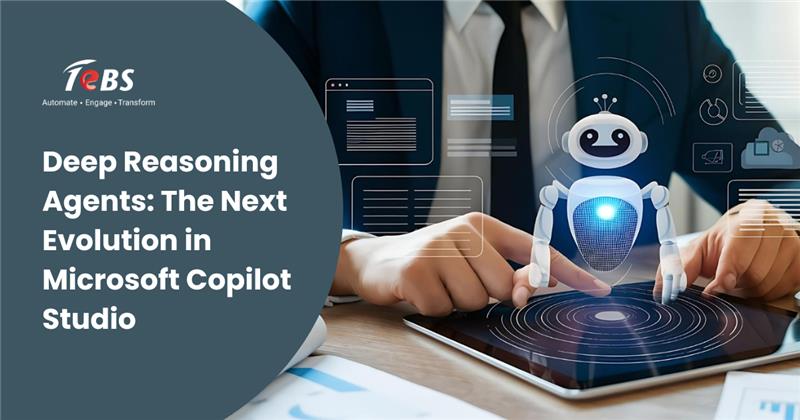Summary
Introduction: Reshaping Business Processes in the Digital Era
Artificial Intelligence (AI) software is no longer a futuristic concept—it has become a central driver of business transformation. From automating repetitive tasks to enabling predictive analytics, AI software solutions is reshaping how organizations operate, make decisions, and serve their customers. Businesses are leveraging AI to enhance operational efficiency, reduce costs, and unlock new growth opportunities across industries. Its applications are increasingly diverse, covering everything from supply chain optimization and customer service to advanced data analytics and personalized marketing.
By integrating AI into core business operations, companies can respond faster to market changes, anticipate customer needs, and make data-driven decisions that were previously impossible. The transformative potential of AI software lies in its ability to turn vast amounts of complex data into actionable insights while automating processes that improve speed, accuracy, and consistency.
Understanding AI Software: Definition, Capabilities, and Core Functionalities
AI software refers to systems and applications that simulate human intelligence to perform tasks such as learning, reasoning, problem-solving, and decision-making. These systems leverage machine learning (ML), natural language processing (NLP), computer vision, and predictive analytics to process large volumes of data and deliver actionable insights.
Key capabilities of AI software include:
- Data Analysis and Insights: AI can analyze structured and unstructured data, uncover patterns, and provide predictive insights.
- Automation of Processes: AI automation services enable businesses to automate repetitive workflows, reducing human error and freeing employees for higher-value work.
- Natural Language Understanding: AI-driven chatbots and virtual assistants handle customer queries, automate support, and enhance user experiences.
- Decision Support: AI software assists managers in making strategic decisions by modeling scenarios and forecasting outcomes.
Core functionalities often include predictive analytics, anomaly detection, recommendation engines, process optimization, and real-time reporting. This versatility makes AI software a powerful tool for businesses seeking efficiency, scalability, and competitive advantage.
Key AI Technologies Driving Transformation
Several AI technologies are central to business transformation:- Machine Learning (ML): Enables systems to learn from historical data and improve predictions or classifications over time. ML powers recommendation engines, fraud detection systems, and predictive maintenance.
- Natural Language Processing (NLP): Allows machines to understand, interpret, and respond to human language. NLP is critical for chatbots, sentiment analysis, and automated document processing.
- Computer Vision: AI systems analyze visual data to detect patterns or anomalies. Applications include quality control in manufacturing, retail inventory management, and healthcare diagnostics.
- Robotic Process Automation (RPA) with AI: Combines AI and automation to execute structured tasks efficiently, such as invoice processing, data entry, and claims management.
- Generative AI: Creates content, designs, or data models, revolutionizing marketing, product design, and personalized customer interactions.
- Predictive and Prescriptive Analytics: Forecast trends, optimize supply chains, and suggest actionable strategies for improved business outcomes.
These technologies work together to enhance decision-making, streamline operations, and unlock new business opportunities.
For emerging insights and trends, explore Gartner’s Strategic Data and Analytics Predictions Through 2028, which highlights how AI-driven analytics and automation are reshaping enterprise ecosystems.
AI Software Applications by Industry
AI software is driving measurable impact across diverse sectors:
-
Manufacturing
- Predictive maintenance reduces equipment downtime.
- Quality inspection via computer vision ensures defect-free products.
- Supply chain optimization minimizes costs and improves delivery times.
-
Retail and E-Commerce
- Personalized product recommendations increase sales.
- Inventory management uses AI-driven demand forecasting.
- Chatbots enhance customer service and engagement.
-
Healthcare
- AI-powered diagnostics and imaging assist in early disease detection.
- Patient data analysis supports personalized treatment plans.
- Administrative automation streamlines billing, claims, and scheduling.
-
Finance and Banking
- Fraud detection algorithms monitor suspicious transactions in real time.
- Credit scoring and risk assessment use predictive analytics.
- Chatbots and AI advisors improve customer support efficiency.
-
Logistics and Supply Chain
- Route optimization reduces fuel costs and delivery times.
- Inventory forecasting ensures optimal stock levels.
- AI-driven predictive analytics enhance demand planning.
-
Energy and Utilities
- Smart grid management optimizes energy distribution.
- Predictive maintenance improves the reliability of equipment.
- AI monitors consumption patterns to enhance energy efficiency.
-
Telecommunications
- AI predicts network failures and reduces downtime.
- Customer churn analysis helps retain subscribers.
- Virtual assistants provide efficient customer support.
AI Software Applications Across Industries
| Industry | AI Applications | Key Benefits |
| Manufacturing | Predictive maintenance, quality inspection | Reduced downtime, improved product quality |
| Retail & E-Commerce | Personalized recommendations, chatbots | Increased sales, better customer engagement |
| Healthcare | Diagnostics, treatment planning, billing automation | Improved patient outcomes, operational efficiency |
| Finance & Banking | Fraud detection, risk assessment, AI advisors | Reduced risk, faster service delivery |
| Logistics & Supply Chain | Route optimization, inventory forecasting | Cost reduction, on-time deliveries |
| Energy & Utilities | Smart grid, predictive maintenance, consumption analytics | Enhanced efficiency, reduced outages |
| Telecommunications | Network optimization, churn prediction, virtual assistants | Better reliability, customer satisfaction |
Benefits of AI Software for Businesses
AI software offers numerous advantages that are driving rapid adoption across sectors:- Enhanced Efficiency: Automation of repetitive tasks and optimized workflows reduce operational bottlenecks.
- Data-Driven Decision-Making: AI turns raw data into actionable insights, enabling smarter business strategies.
- Cost Reduction: Predictive maintenance, fraud detection, and supply chain optimization lower operational expenses.
- Scalability: AI systems can handle growing data volumes and complex processes without proportional increases in cost or labor.
- Improved Customer Experience: Personalized recommendations, faster response times, and AI-powered support enhance customer satisfaction.
- Innovation Enablement: Generative AI and predictive analytics drive product innovation and business model evolution.
For broader context on enterprise modernization, refer to Microsoft’s Cloud Adoption Framework, which outlines how AI and cloud technologies drive agility and digital transformation.
Challenges in AI Adoption
Despite its benefits, organizations face challenges when implementing AI software:
- Data Privacy and Security: Handling sensitive data requires robust security measures and compliance with regulations such as GDPR or HIPAA.
- Integration Complexity: Incorporating AI into existing IT infrastructure and workflows can be technically challenging.
- Workforce Skill Gaps: Employees may lack the expertise to leverage AI tools effectively, requiring training or new talent acquisition.
- Cost of Implementation: AI projects can involve significant upfront investment in software, hardware, and talent.
- Bias and Ethics: Ensuring AI models are fair and unbiased requires careful data selection and monitoring.
Businesses must address these challenges through strategic planning, skilled teams, and governance frameworks to maximize AI’s potential.
Related reading: How AI Innovation Workshops by TeBS Are Shaping the Workforce
Future Trends in AI Software
The evolution of AI software is expected to introduce even greater capabilities and impact:
- Generative AI Expansion: AI systems will increasingly create content, designs, and simulations, transforming marketing, design, and media industries.
- AI Democratization: Low-code and no-code AI platforms will make AI accessible to non-technical employees, accelerating adoption across organizations.
- AI-Powered Decision-Making: Advanced predictive and prescriptive analytics will empower executives to make faster, more accurate decisions.
- Edge AI and Real-Time Analytics: AI will process data locally on devices for instant insights in manufacturing, healthcare, and IoT applications.
- Sustainable AI: AI solutions will focus on energy-efficient computing and environmentally responsible operations.
- Collaborative AI: Human-AI collaboration tools will enhance productivity, creativity, and innovation in workplace settings.
These trends highlight a future where AI is seamlessly integrated into business operations, driving innovation, efficiency, and growth.
Conclusion: Leveraging AI Software for Competitive Advantage
AI software is no longer optional—it is a strategic imperative for organizations seeking operational efficiency, enhanced customer experiences, and sustained growth. Businesses that adopt AI early can gain a significant competitive edge by automating routine processes, deriving actionable insights from data, and innovating at scale. To successfully implement AI software, organizations should start by identifying high-impact use cases, investing in talent and training, and ensuring robust data governance. Partnering with experienced AI solution providers can accelerate adoption, reduce risk, and ensure measurable outcomes.
Partnering with Total eBiz Solutions (TeBS) allows businesses to accelerate AI transformation, enhance productivity, and achieve measurable outcomes.
Embracing AI software positions businesses to thrive in an increasingly data-driven and competitive landscape. To explore tailored AI solutions that can transform your operations and unlock new growth opportunities, reach out to [email protected] today.
Frequently asked questions
1 How is AI software transforming business operations?
AI software automates tasks, analyzes data, and provides predictive insights, enhancing efficiency, accuracy, and decision-making.
2. Which industries benefit the most from AI software?
Manufacturing, healthcare, retail, finance, logistics, energy, and telecommunications are among the top industries leveraging AI.
3. What are the key AI technologies used in business operations?
Machine learning, natural language processing, computer vision, robotic process automation, and generative AI.
4. How does AI software improve efficiency and decision-making?
It automates repetitive tasks, identifies patterns in data, predicts trends, and provides actionable insights for strategic decisions.
5. What are the challenges of implementing AI software in organizations?
Data privacy, integration complexity, workforce skill gaps, upfront costs, and potential model bias.
6. Can small and medium businesses leverage AI software effectively?
Yes, cloud-based AI solutions and low-code platforms enable SMBs to adopt AI cost-effectively.
7. What are real-world examples of AI software in action?
Predictive maintenance in manufacturing, AI chatbots in retail, fraud detection in banking, and personalized treatment in healthcare.
8. How will AI software evolve in the future for businesses?
Through generative AI, AI democratization, edge AI, real-time analytics, sustainable computing, and enhanced human-AI collaboration.

